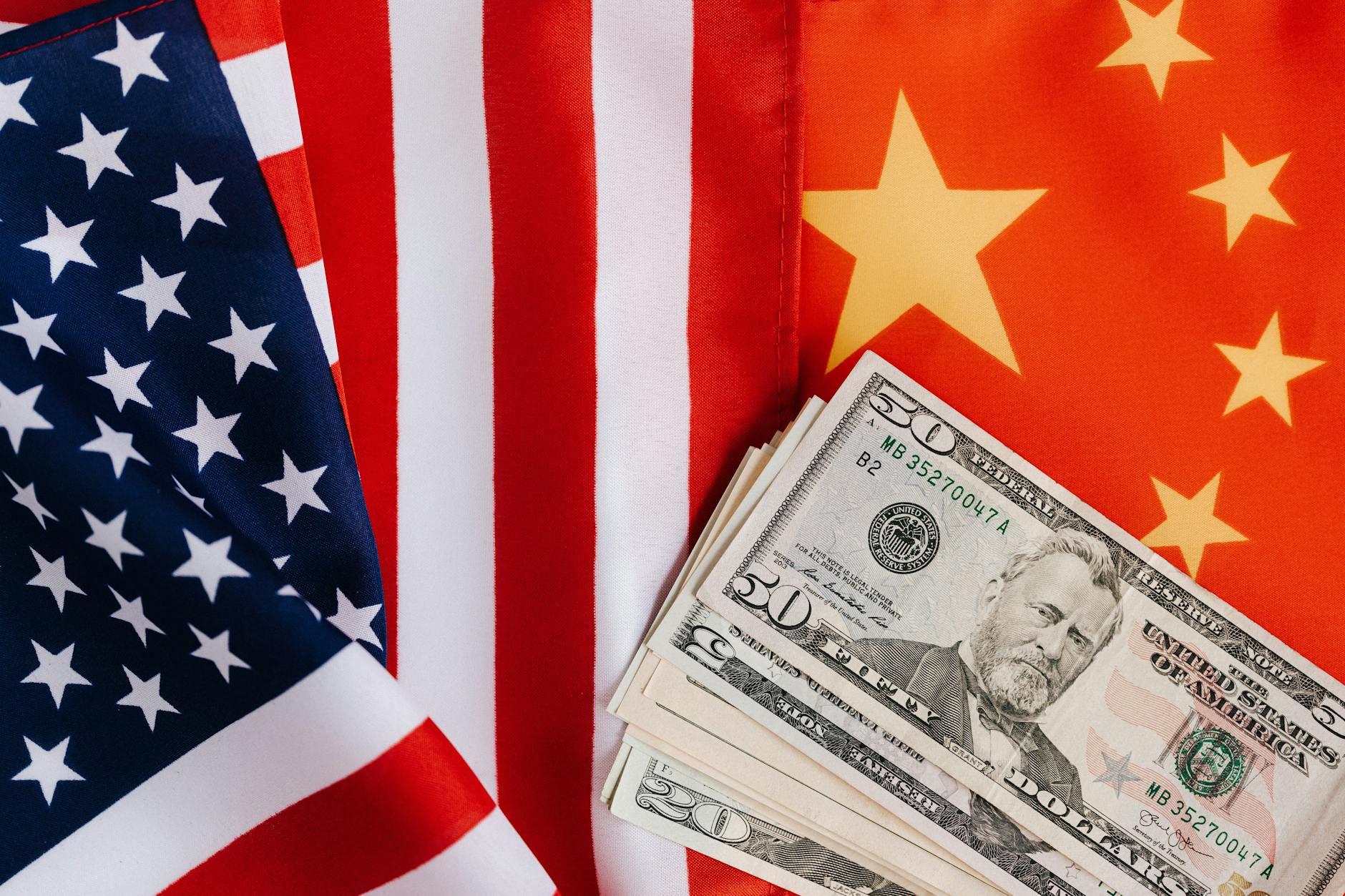In recent months, we’ve observed a significant rise in China’s foreign exchange (FX) outflows, accompanied by a dramatic surge in Bitcoin prices. This phenomenon is further compounded by China’s record dump of US securities. These interconnected events indicate a compelling narrative: Bitcoin prices are likely to continue their upward trajectory.
Understanding China’s FX Outflows
Foreign exchange outflows refer to the movement of capital out of a country, which can be driven by various economic factors. In China’s case, several reasons contribute to this trend:
- Economic Slowdown: As China’s economic growth decelerates, investors and businesses seek to diversify their holdings, often moving capital to more stable or promising markets.
- Regulatory Crackdowns: The Chinese government’s stringent regulations on domestic markets and capital flows push investors to seek refuge in foreign assets.
- Currency Depreciation: The weakening of the yuan encourages investors to convert their holdings into stronger foreign currencies.
The Bitcoin Connection
Bitcoin, often touted as digital gold, has increasingly become a preferred asset for investors looking to hedge against economic uncertainties and currency depreciation. Several factors make Bitcoin an attractive option:
- Decentralization: Unlike traditional currencies and financial systems, Bitcoin operates on a decentralized network, providing a degree of independence from government policies and interventions.
- Limited Supply: Bitcoin’s supply is capped at 21 million, creating a scarcity that can drive up its value, especially in times of economic instability.
- Global Acceptance: Bitcoin’s growing acceptance as a legitimate form of payment and store of value adds to its appeal as a safe haven asset.
China’s US Securities Dump
Recently, China has been offloading its holdings of US securities at an unprecedented rate. This move is significant for several reasons:
- Diversification: By selling US securities, China aims to diversify its foreign reserves and reduce dependency on US financial instruments.
- Geopolitical Tensions: Ongoing trade tensions and geopolitical rivalry between the US and China contribute to this strategic shift.
- Economic Strategy: Offloading US securities allows China to manage its own economic policies more effectively without being overly influenced by US monetary policy.
The Impact on Bitcoin
The confluence of these events—rising FX outflows, the sell-off of US securities, and economic uncertainties—creates a fertile ground for Bitcoin’s price to rise. As investors seek alternatives to traditional financial assets, Bitcoin stands out for its unique properties and potential for high returns.
1. Increased Demand: As more capital flows out of China, the demand for Bitcoin is likely to increase, driving up its price.
2. Safe Haven Appeal: Bitcoin’s reputation as a safe haven asset is bolstered during times of financial instability, attracting more investors.
3. Global Liquidity: The sale of US securities by China can inject liquidity into the global market, some of which may find its way into Bitcoin investments.
Conclusion
The intricate interplay between China’s FX outflows, its divestment from US securities, and the soaring Bitcoin prices suggests a bullish outlook for the cryptocurrency. Investors worldwide are increasingly viewing Bitcoin as a viable hedge against economic uncertainty and geopolitical risks. As these trends continue, Bitcoin’s position as a key player in the global financial landscape is likely to strengthen, heralding a new era of digital finance.
For investors and enthusiasts, keeping a close watch on these macroeconomic indicators will be crucial in navigating the evolving market dynamics. As always, while the potential for high returns is significant, it is essential to approach Bitcoin investments with a well-informed strategy and an awareness of the inherent risks.

Leave a Reply